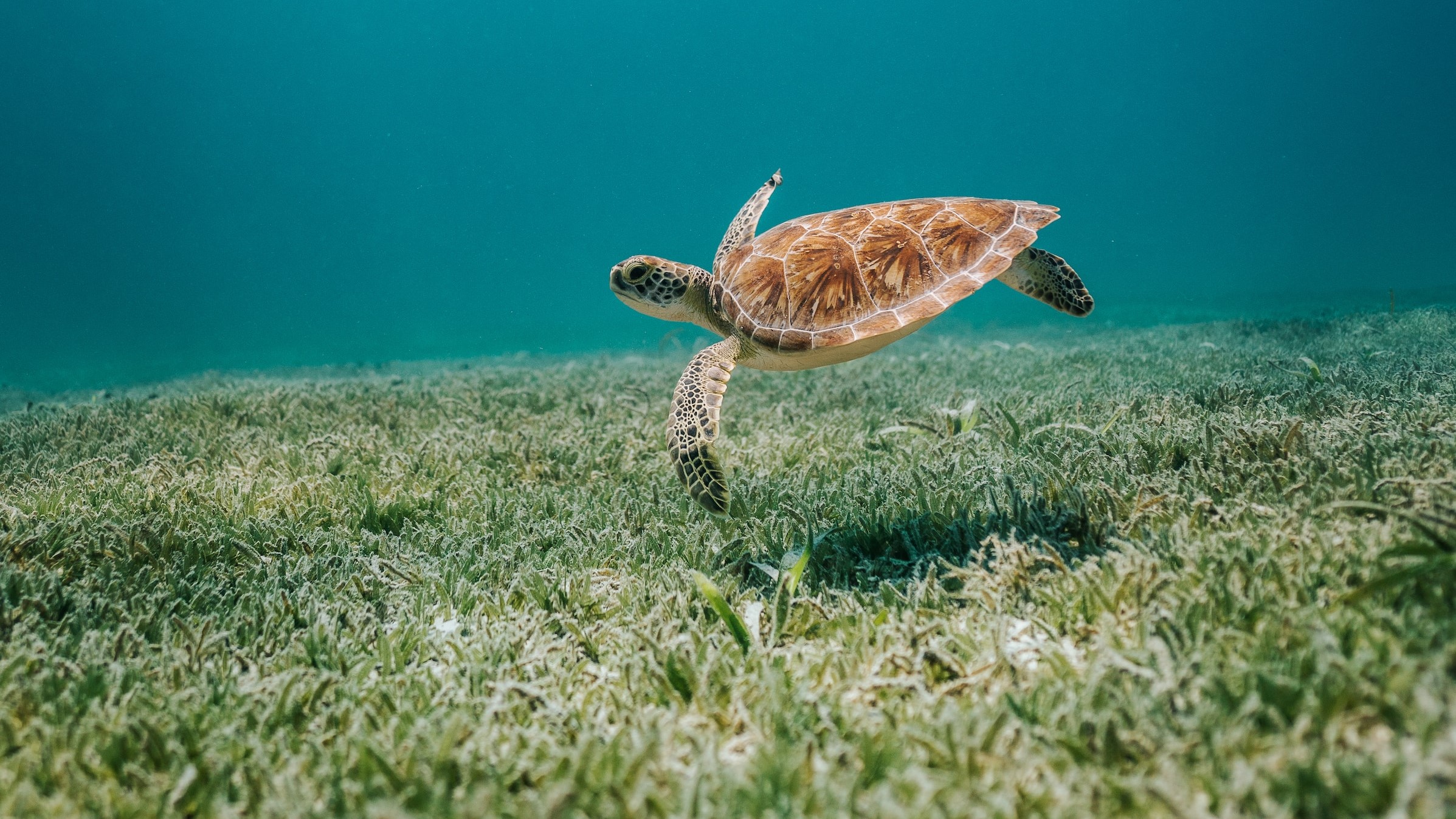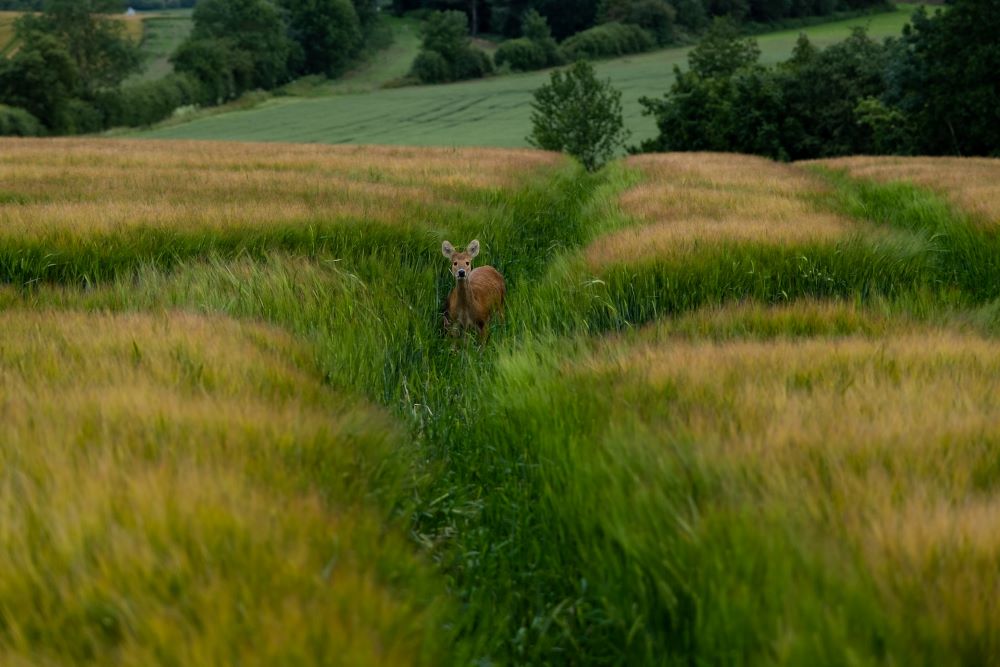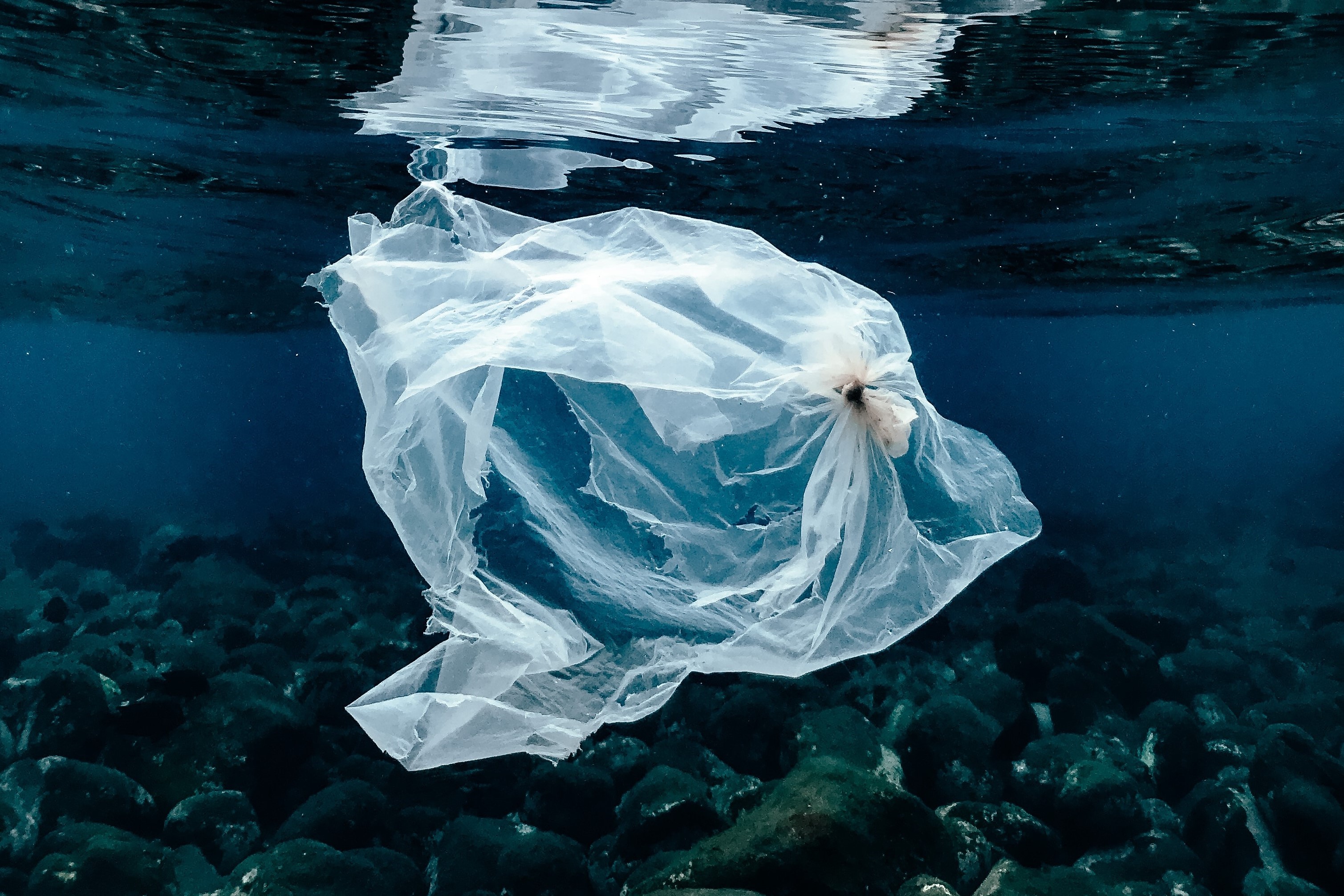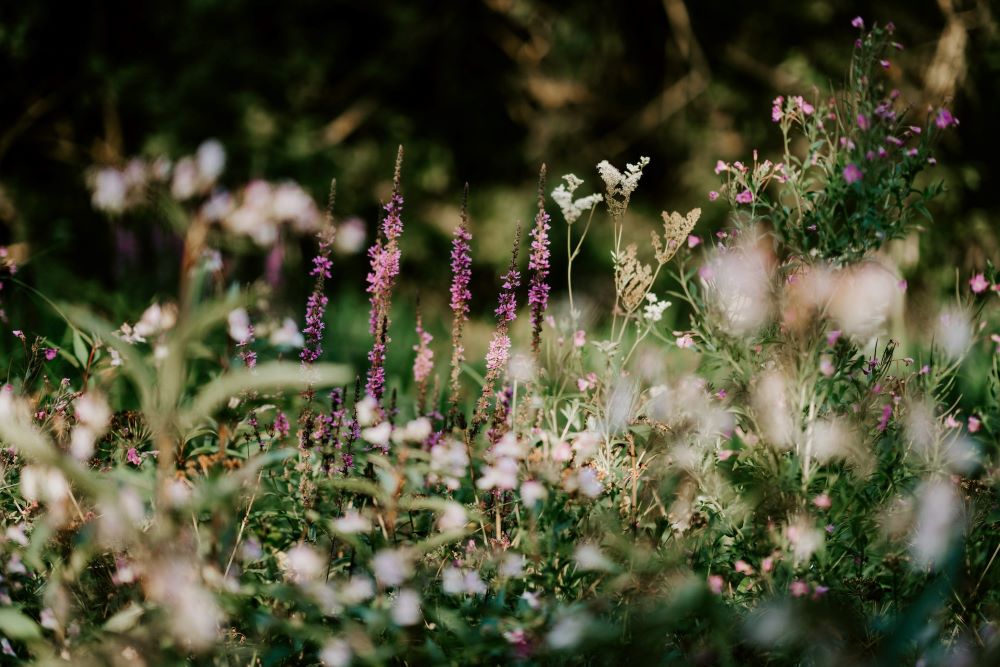Recent Posts
- Home
- Elevate Blog
- The Impact of Plastic Pollution on Biodiversity
The Impact of Plastic Pollution on Biodiversity
Posted on

Biodiversity refers to the variety of all life on Earth. It includes every living thing - different species of plants, animals, and microorganisms, the genetic differences within these species, the ecosystems and habitats they form, and the complex processes they are a part of. This intricate web, from the smallest microorganisms in soil to largest blue whales, is what makes our planet habitable.
Why is Biodiversity Important?
Diverse ecosystems are stronger and more resilient to change. Each species plays a unique role, and any loss can disrupt or damage these systems.
Without this wide range of animals, plants, and microorganisms, we cannot have the healthy ecosystems that we rely on to provide us with the air we breathe and the food we eat.
Wildlife populations plunged by an average of 69% between 1970 and 2018. Five main causes of this loss are changes in land use, exploitation of resources, climate change, pollution, and the spread of invasive species.
Over a third of the world's food crops rely on pollination by insects, birds, and bats. The soil food web relies on plants, animals, bacteria, and fungi working together to create healthy soil. Phytoplankton in the ocean generates 70% of the world’s oxygen.
Animal, plant, and marine biodiversity keeps ecosystems functional.

The Impact of Plastic Pollution on Biodiversity
The production, use, and disposal of plastic is a huge contributor to biodiversity loss.
“In the first decade of this century, we made more plastic than all the plastic in history up to the year 2000.”
- Ocean Plastics Pollution: A Global Tragedy for Our Oceans and Sea Life
Most plastics follow a linear system: take, make, waste. This system threatens biodiversity by polluting natural habitats, harming wildlife, and contributing to climate change.
Very little of the plastic we discard is recycled, the majority of it ends up in landfills or as litter. Pollution is released into the atmosphere, water and soil become contaminated with microplastics and toxic chemicals.

Global plastic pollution impacts all wildlife. Larger plastic debris, such as nets and bags, can entangle marine life, leading to injury or death. Animals might ingest plastic mistaking it for food, which can block their digestive systems. The accumulation of plastic can alter the natural environment and make it inhospitable for native species.
Plastic waste and microplastics in the soil can prevent plants from properly absorbing nutrients. Healthy soil provides us with essential food, nutrients, and resources. It supports ecosystems and affects all living things. If the conditions that support soil fertility are not maintained, its capacity to support plant and animal life are reduced.
“We are starting to understand that the build-up of plastic can have wide-ranging impacts on soil health, biodiversity and productivity, all of which are vital for food security,”
- Professor Elaine Baker, UNEP Foresight Brief

Composting Improves Biodiversity
It is within our power to help ensure the survival of species and the health of ecosystems.
Compost is a living resource filled with billions of bacteria, fungi, and microbes that help regenerate soil and create strong, diverse ecosystems. Composting is not trash disposal, it is a method of material production through waste management!
Compost prevents soil erosion, improves water absorption, promotes healthier plant growth, and reduces waste. It creates healthy soil, which provides food and shelter to a wide variety of organisms and increases biodiversity in surrounding ecosystems.
Eliminating plastic packaging prevents waste and pollution. We can stop using unnecessary plastics and re-design packaging for reuse or composting. This approach allows materials to circulate in the economy without causing waste or polluting the environment.
Replacing plastics with compostable packaging, as part of a circular economy, can help create the path to a sustainable and healthy future.
Ready to Start Your Sustainable Packaging Journey?
 Loading... Please wait...
Loading... Please wait...



